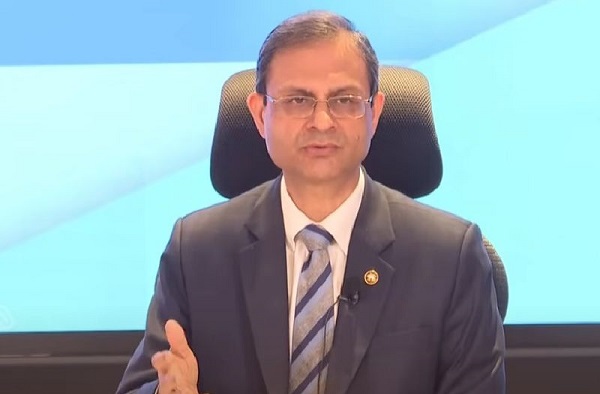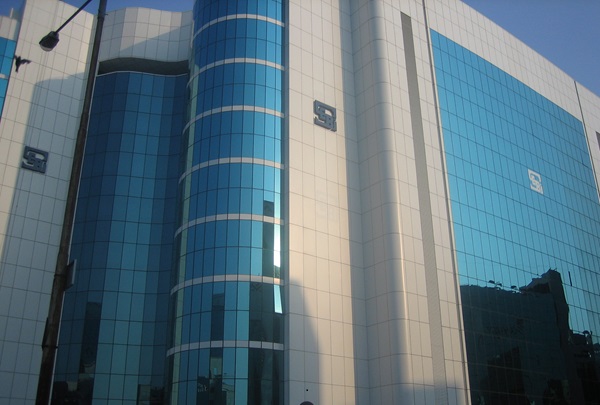.png)
Groupthink is the House View of BasisPoint’s in-house columnists.
October 24, 2025 at 12:09 PM IST
For two years, Indian refiners built a profitable cushion on the back of discounted Russian crude. That advantage is now slipping away. The United States has sanctioned Rosneft and Lukoil, Russia’s two biggest oil producers, in a sweeping move to drain Moscow’s war chest. The action, quickly mirrored by the United Kingdom and the European Union, strikes at the heart of India’s import strategy.
Rosneft and Lukoil together pumped around 5.2 million barrels per day in 2024, nearly half of Russia’s total crude oil output and close to 5% of global supply. Their exclusion from mainstream trade will tighten the market, undoing what until recently looked like a mild glut. The International Energy Agency had forecast global supply would exceed demand by nearly 4 million barrels per day next year, pushing down forward prices. Those assumptions no longer hold.
Brent crude has already climbed almost 5%, while diesel cracks widened to $26 a barrel from $22, signalling stress in the middle-distillate segment. Petrol cracks stayed flat near $13, but the broader trend points to rising input costs.
For India’s oil marketing companies, the arithmetic turns painful. According to Systematix Group, marketing margins have shrunk by ₹4.3 a litre on diesel and ₹1.7 on petrol, to ₹3.5 and ₹10.4 respectively.
Every rupee decline in these margins shaves 10–14% off EBITDA and up to 20% off profit after tax. Gross refining margins have improved by roughly $2 a barrel, but that relief is thin compared with the hit to retail spreads.
The biggest immediate impact will be felt at Reliance Industries’ Jamnagar complex, the world’s largest refinery, which had a long-term deal to import around 500,000 barrels a day from Rosneft. According to Reuters, the company plans to curtail or halt Russian purchases, replacing them with Middle Eastern and Brazilian cargoes. State refiners, Indian Oil, Bharat Petroleum, and Hindustan Petroleum, are reviewing their trade documents to ensure none of their supplies originate directly from Rosneft or Lukoil, the agency reported.
The timing complicates New Delhi’s trade diplomacy. President Donald Trump has tied the issue directly to tariffs: half of the 50% duties on Indian exports are in retaliation for its Russian oil purchases. Reducing imports could smooth the path to a broader trade accord and remove a persistent irritant in US–India ties.
From a macro lens, the loss of discounted barrels will nudge India’s import bill higher. While manageable, the development erodes some of India’s macroeconomic buffers.
The bigger worry is structural. India’s refiners had leveraged Russia’s isolation to achieve record margins and stabilise retail prices without government subsidies. With that arbitrage closing, the sector faces both tighter spreads and renewed political pressure to absorb higher costs.




